Eventos 2024-25

Religious Competition and Public Service Provision
21/02/2025
Mohamed Saleh
+

Freedom, Democracy and Economic Performance in the 21th Century
25/11/2024
Tim Besley
+
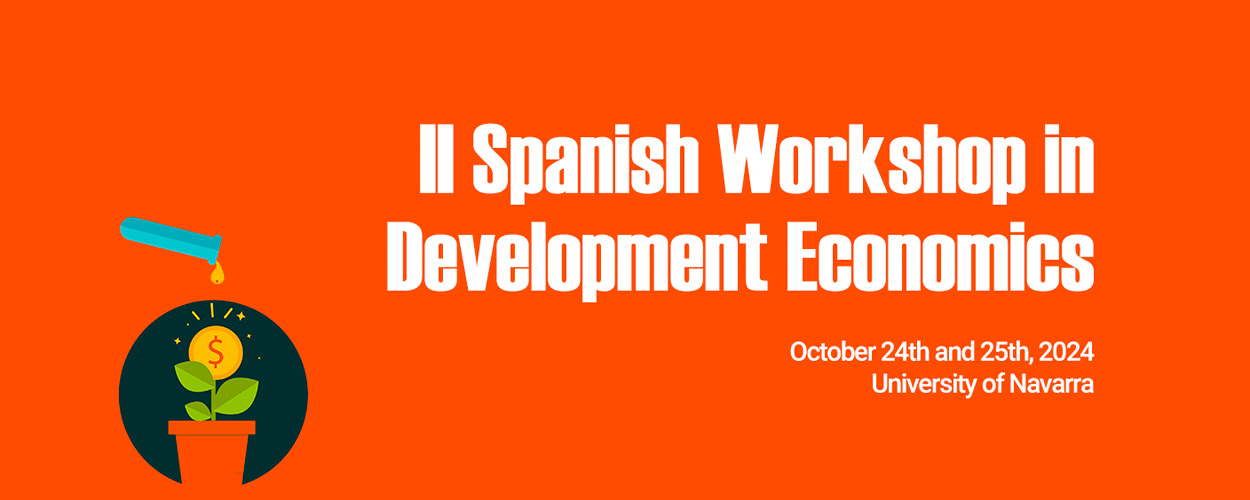
II Spanish Workshop in Development Economics
24/10/2024 al 25/10/2024
Enrique Seira & David Evans
+

“Generosity and Wealth: Experimental Evidence from Bogotá Stratification"
07-10-2024
Mariana Blanco (University of Turin)

Private Colonialism in Africa
02-10-2024
Elías Papaioannou (Professor of Economics, London Business School)
+
Eventos cursos anteriores

Causes and Consequences of Policy Uncertainty: Evidence from McGirt vs. Oklahoma
11-06-2024
Dominic Parker (Professor of Applied Economics at University of Wisconsin-Madison)
+

Externalities of Marijuana Legalization: Marijuana Use in Non-Legalizing Statesk
20-05-2024
Elaine M. Liu (Professor of Economics at University of Houston)
+

Do Homebuyers Value Energy Efficiency? Evidence From an Information Shock
26-04-2024
Brendon McConnell (Associate Professor in the Economics Department at University of London)

The End of Oil
25-04-2024
Ryan Kellogg (Professor at the University of Chicago Harris School of Public Policy) (Research Associate at the National Bureau for Economic Research)
+

If You Only Have a Hammer: Optimal Dynamic Prevention Policy
20-03-2024
Christopher Rauh (Faculty of Economics, University of Cambridge)
+

Immigration and Worker Responses Across Firms: Evidence from Administrative Records in Colombia
13-02-2024
Lukas Delgado-Prieto (Universidad Carlos III de Madrid)

Cost-Sharing in Medical Care Can Increase Adult Mortality: Evidence from Colombia
12-02-2024
Marcos Vera-Hernandez (University College London)
+

Long-Run Effects of Land Redistribution: Evidence from India
07-02-2024
Kartikeya Batra (University of Maryland)

Incentives Justifying Nonconformity: Experimental Evidence from Motortaxi Organizations in Uganda
05-02-2024
Claude Raisaroa (Stockholm School of Economics)
+

Does Performance Evidence Motivate? A Field Experiment in Guinea-Bissau’s Health Sector
29-01-2024
Mattia Fracchia (Nova School of Business and Economics)
+

Information, expectations and preferences: occupational choices of young adults in Uganda
26-01-2024
Cristina Clerici (Stockholm School of Economics)
+

Accepting the unacceptable: Does intimate partner violence shape the tolerance of violence?
24-01-2024
Eugenia Frezza (Trinity College Dublin)
+

Throwing gasoline on the cocaine production: the effect of a supply shock on violence
22-01-2024
Monica Beeder (Norwegian School of Economics)
+

Hidden moral costs of control: Field evidence from performance appraisals in the public sector
13-11-2023
Marcela Ibanez (University of Göttingen)
+
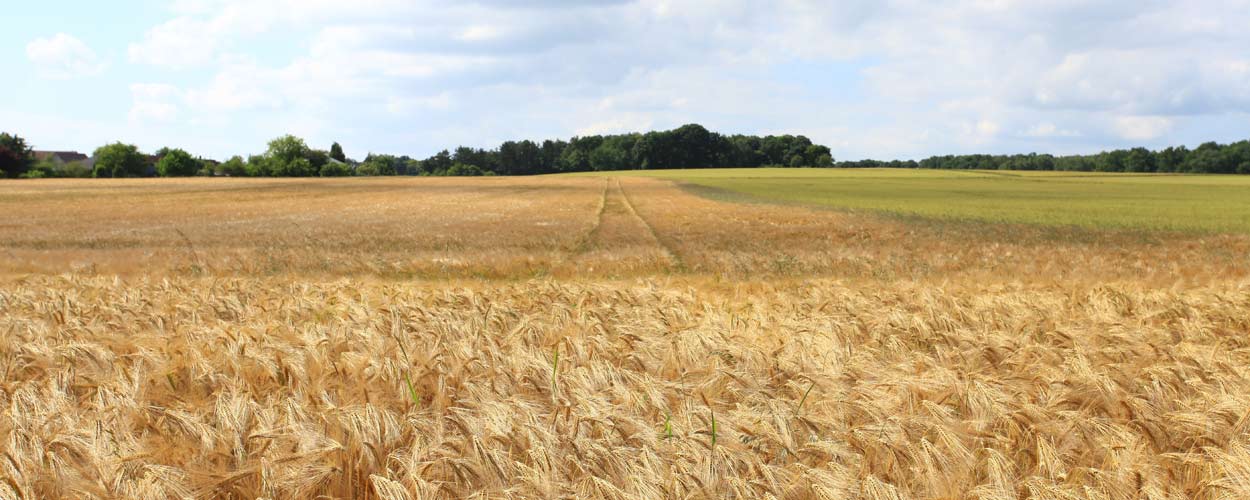
Changing Phenology: Evidence from Nigeria
5-10-2023
Ivan Kim Taveras (Bocconi University)
+

Mobile Internet and Political Polarization
4-9-2023
Nikita Melnikov (Universidade NOVA de Lisboa)
+

Fairness in times of crisis: Negative shocks, relative income, and preferences for redistribution
9-2-2023
Anna Hochleitner (University of Nottingham)
+

Nation-Building Through Military Service
31-1-2023
Juan Pedro Ronconi (Brown U)
+

Medicaid for middle-class families? Job loss and health insurance coverage of parents and children
30-1-2023
Mariana Zerpa (KU Leuven)
+

Legal uncertainty and its consequences: A natural language processing approach
27-1-2023
Maximiliano Sosa (Uppsala)
+

The Effect of a Conditional Cash Transfer on Child Marriage: Evidence from Mexico
25-1-2023
Dalila Bernardino (EUI)
+

Labor Market Power, Self-employment, and Development
13-12-2022
Francesco Amodio (McGill University)
+

Comparative Advantage and Technology Diffusion: a Menu-based Approach to Dissemination
14-11-2022
Karen Macours (Paris School of Economics)
+

The Role of Meritocracy and Pay Progression in the Public Sector
10-10-2022
Gianmarco León-Ciliotta (Universidad Pompeu Fabra)
+
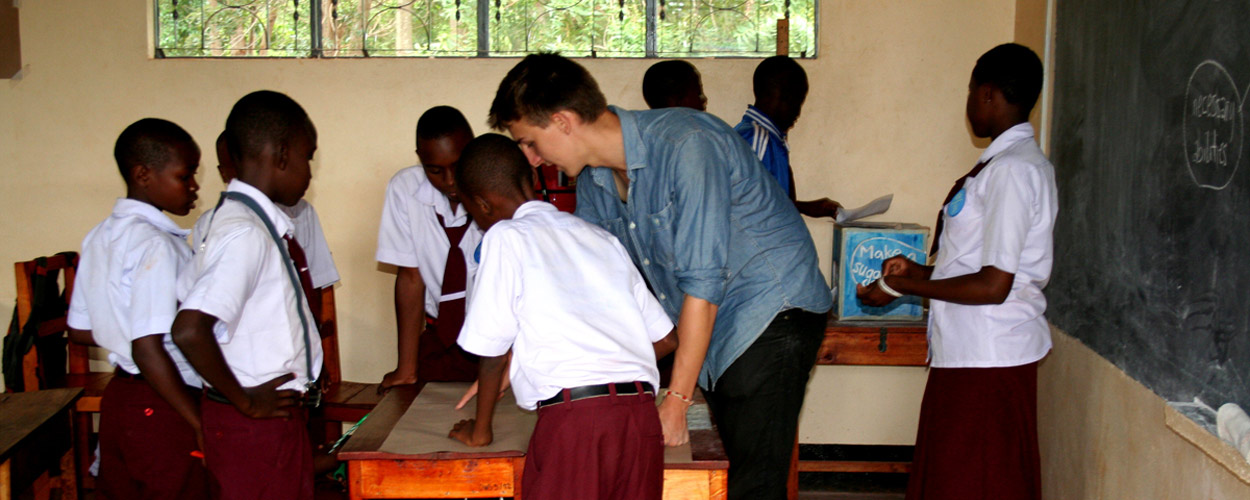
Secondary School Access Raises Primary School Achievement in Tanzania
12-9-2022
Wayne Sandholtz (Nova School of Business and Economics)
+

Stay, split or strike: theory and evidence on secessionist vs centrist conflict
13-6-2022
Sabine Flamand (Universitat Rovira i Virgili)
+
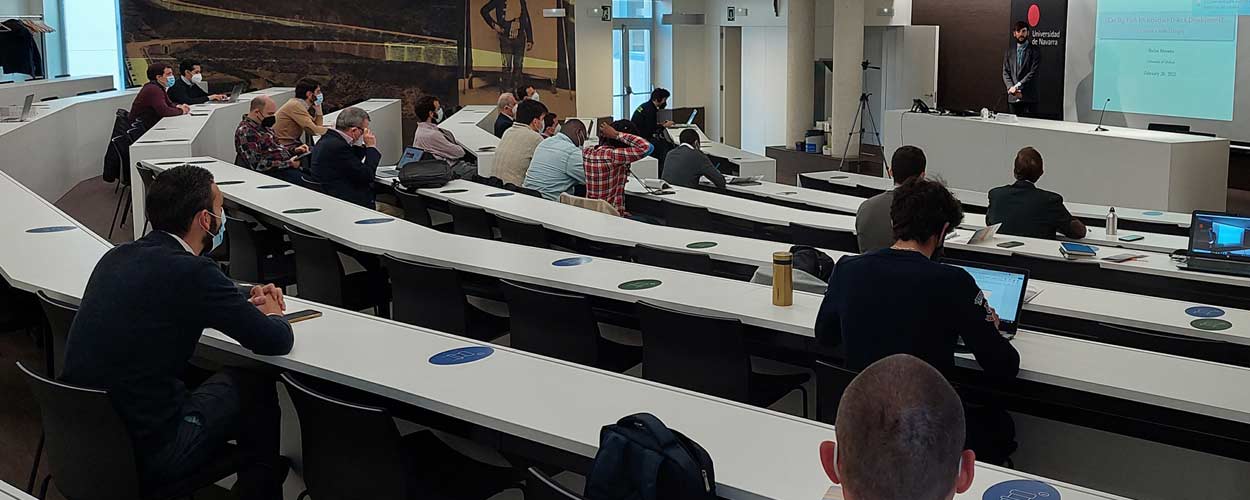
Who Watches the Watchmen? Local News and Police Behavior in the United States
9-5-2022
Nicola Mastrorocco (Trinity College)
+
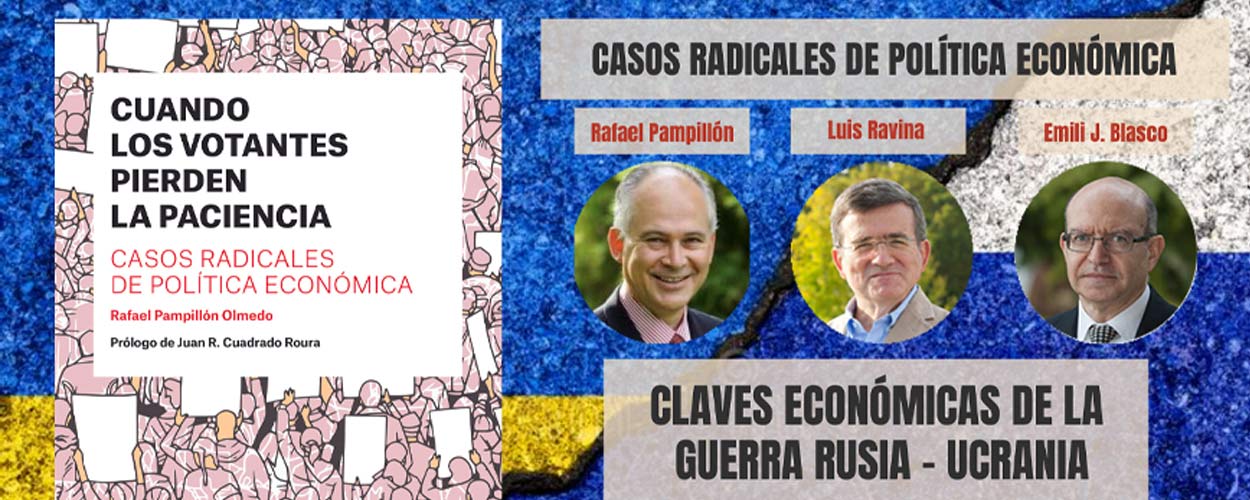
Claves económicas de la guerra Rusia - Ucrania
16-3-2022
Rafael Pampillón (IE Business School), Luis Ravina (Universidad de Navarra) y Emili J. Blasco (Universidad de Navarra)
+

Energy and Environmental Issues in Developing Countries
28-2-2022
Niclas Moneke, Jevgenijs Steinbuks, Jacopo Bonan, Carlo Andrea Bollino, Raúl Bajo-Buenestado, Paloma Grau, Luis Ravina
+

Urban deprivation: from Earth Observation to Urban Policies
10-12-2021
Monika Kuffer, Stefanos Georganos, Pere Roca, Anthony Boanada-Fuchs
+

Checks and Balances and Nation Building
30-11-2021
Agustín Casas (CUNEF Universidad)
+

The trend-cycle connection
4-10-2021
Hernán Seoane (UC3M)
+

Educational Mobility Across Multiple Generations in Indonesia
13-9-2021
Jan Stuhler (UC3M)
+
Jorge Klinnert y José Fellmann, investigadores junior del NCID, harán el doctorado en Maryland
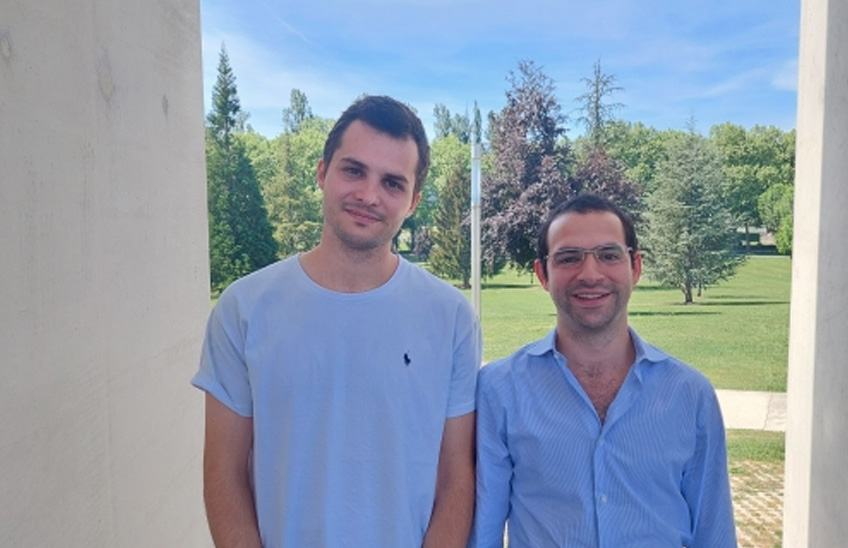
18 | 05 | 2022
Los investigadores junior del NCID José Fellmann y Jorge Klinnert harán el doctorado en Económicas en la Universidad de Maryland (Estados Unidos). Ambos investigadores se han formado en el Máster de Economía y Finanzas (MEF) de la Facultad de Económicas de la Universidad de Navarra y han trabajado en el último año como ayudantes de investigación en el Navarra Center for International Development.
Jorge Klinnert (1998), de origen griego, español y alemán, ha estudiado Ciencias Económicas en la Universidad de Múnich y el Máster de Economía y Finanzas de la Universidad de Navarra.
“El MEF me ha enseñado el mundo de la investigación económica ya que he tenido la posibilidad de hablar diariamente con investigadores de primer nivel”, ha asegurado Klinnert.
José Fellmann (1996), de origen argentino, ha estudiado Economics, Leadership y Governance y el Máster de Economía y Finanzas de la Universidad de Navarra.
“Los profesores de la UNAV tienen un trato muy bueno con el alumnado y eso permite desarrollar una relación de sincera amistad. El MEF me ha ayudado a poner las bases de la investigación económica con un entrenamiento serio y riguroso”, ha explicado Fellmann.
Ambos investigadores coinciden en la buena oportunidad que ha supuesto en su carrera académica trabajar en el NCID con Luis Ravina: “Nos ha permitido conocer qué es la investigación económica no sólo al lado de profesionales buenos que la hacen, sino haciéndola nosotros mismos”, ha afirmado Fellmann. Para Klinnert, “este año en el NCID ha sido una gran oportunidad para tener el mejor portfolio antes de encarar el doctorado”.
Jorge Klinnert y José Fellmann comienzan en agosto el doctorado en Maryland, uno de los mejores lugares del mundo para hacerlo en Económicas: “Haber hecho el MEF en la Universidad de Navarra, tener buenas notas y haber demostrado este año en el NCID motivación por la investigación económica nos ha ayudado mucho a entrar en la Universidad de Maryland". Klinnert espera que “los profesores de esta universidad sean tan cercanos como los de Navarra”.
Ambos investigadores coinciden en que quieren dedicarse a la investigación económica en el futuro: “Tenemos motivación por ayudar a la gente con una solución a un problema”, ha afirmado Fellmann. “Para mucha gente el dinero es la motivación principal, pero para mí es hacer lo que me gusta”, ha defendido Klinnert.
Después de realizar juntos el MEF en la Universidad de Navarra y de trabajar conjuntamente en el NCID ahora continúan su camino juntos en la Universidad de Maryland. Coinciden en que hacer el doctorado con un amigo “da confianza y ayuda a disfrutarlo más ya que vas con alguien que sabes que conoce lo mismo que tú, con el que puedes resolver algunos problemas y compartir nuestras ideas”.
